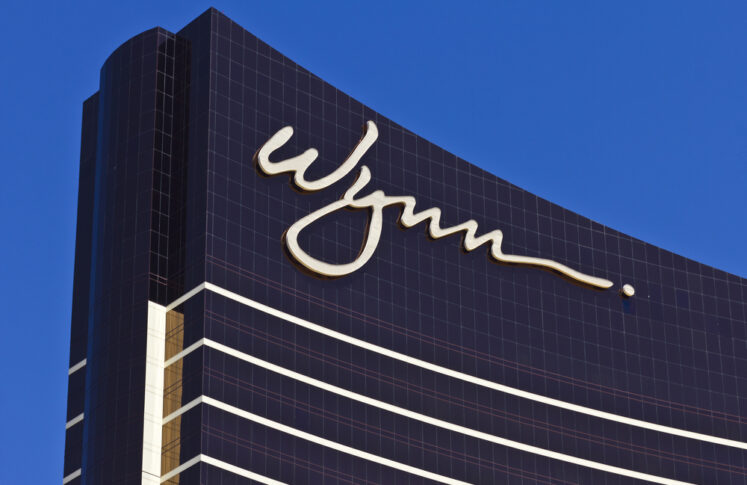- Casino News
- USA News
Major Setback for Maryland’s Casino Legislation Effort
Setback for iGaming Expansion
Maryland's hopes for expanding online gambling through legal online casinos have hit a significant roadblock, with key legislative bills failing to advance before the state’s critical March 17 crossover deadline. Without the momentum from these failed bills, proponents of iGaming in Maryland are now looking toward 2026 to reignite the push for legal online casinos.
Adding to the disheartening news for iGaming advocates, Governor Wes Moore’s proposed budget for Fiscal Year 2026 makes no mention of revenue from a potential expansion of online gambling, further signaling that the issue will not be pursued during this legislative term. For those hoping to see online casinos legalized in Maryland in 2025, these developments effectively close the door on the issue for now, with the earliest chance for reconsideration likely to come in 2026.
A Lack of Legislative Interest
The failure of HB 17 and SB 340 comes despite a considerable amount of legislative attention earlier in the year. Both bills received hearings in their respective chambers, but neither saw a vote in their committees. While these hearings helped spotlight the issue, the lack of action has revealed a broader legislative indifference to iGaming. The absence of strong backing from both chambers, combined with a general reluctance to engage with the topic, suggests that Maryland lawmakers are far from eager to approve the expansion of online casinos.
For those who advocate for legal online gambling in the state, the defeat is a stark reminder of the uphill battle they face. While the bills were designed to allow Maryland to join the growing list of states offering regulated online casinos, the state’s legislative inertia now means that advocates will have to wait another year to bring the issue back to the table.
Opponents Strengthen Their Stance
Further complicating matters for proponents of online casinos is the vocal opposition from key gaming stakeholders. During the hearings for HB 17 and SB 340, several Maryland-based casino operators expressed deep concerns over the proposed framework. MGM Resorts and Penn Entertainment, two major players in the state’s gaming industry, objected to a provision in HB 17 that would have allowed companies without physical casinos in Maryland to apply for iGaming licenses.
Meanwhile, companies like Churchill Downs, which operates Ocean Downs in Berlin, and The Cordish Companies, which runs Maryland Live! in Hanover, were even more adamant in their opposition. These companies argued that online casinos could siphon revenue away from their brick-and-mortar operations, weakening their financial performance.
While adjustments to the bills might make them more palatable to some of these existing operators—particularly larger companies like MGM and Penn, which already offer iGaming products in other states—overcoming entrenched opposition from these stakeholders remains a significant challenge. Moreover, the broader issue of competing gaming interests in Maryland remains a formidable hurdle for the bill sponsors to address.
While the prospect of legalizing online casinos in Maryland may be stalled, the conversation surrounding online gambling in the state is not entirely dormant. One area of activity that continues to move forward is the proposed ban on online sweepstakes casino games, which was passed unanimously by the Maryland Senate on March 12. The bill, introduced by Senator Paul Corderman, aims to address concerns over unregulated, online gambling platforms that operate under the guise of sweepstakes promotions.
This proposed ban may help create a clearer path for the eventual legalization of regulated iGaming in Maryland, but for now, the two issues appear to be treated separately by state lawmakers. The ban on sweepstakes casinos will likely be a topic of future debate in the Maryland House of Delegates, where it is currently under review. If enacted, the ban could eliminate a major source of unregulated online gambling, potentially paving the way for a more structured approach to legal iGaming in the state in future sessions.
With momentum for online casino legalization effectively extinguished for 2025, the focus now shifts to 2026.
Looking Ahead to 2026
With momentum for online casino legalization effectively extinguished for 2025, the focus now shifts to 2026. Bill sponsors will need to regroup, address the concerns of current gaming licensees, and cultivate a more favorable environment in Annapolis for the proposal to succeed. Whether voters will have the opportunity to weigh in on the issue in 2026 remains uncertain, as polling data and public opinion could still influence the political landscape.
In the meantime, the debate surrounding online gambling will likely shift to less formal venues. Discussions will likely continue behind closed doors as stakeholders, from casino operators to lawmakers, weigh the pros and cons of expanding iGaming in Maryland. Despite setbacks, the issue is unlikely to fade entirely—suggesting that the battle for online casinos in Maryland is far from over, even if the fight for 2025 has already been lost.







